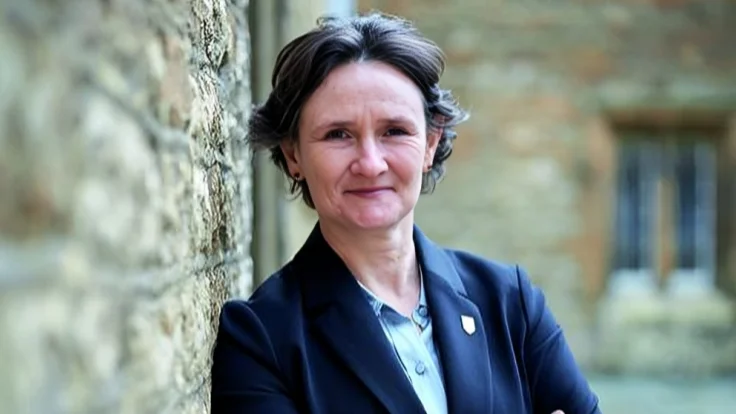MPs in the UK Parliament convened to discuss a proposed nationwide ban on fossil fuel advertising and sponsorship. This proposal, prompted by a petition from Chris Packham with over 110,000 signatures and support from more than 100 agencies, seeks to draw parallels with the UK's 2003 tobacco advertising ban. The goal is to prevent fossil fuel companies from using advertisements to portray themselves as responsible climate actors while continuing their profit-driven activities.
Supporters of the ban highlighted public health and climate risks associated with ongoing fossil fuel advertising. MPs Afzal Khan and Dr. Simon Opher pointed out that UK air pollution leads to an estimated 43,000 premature deaths annually. Other MPs like Claire Young and Josh Newbury criticized fossil fuel firm sponsorship of sports and cultural events due to their extensive ties within these sectors.
Jacob Collier MP emphasized the influence of fossil fuel advertising on policymakers, noting over 240 ads in Westminster Tube station over six years. He argued that "fossil fuel advertising is not just billboards - it is a coordinated strategy to shape culture and delay change."
The debate revealed divisions among MPs regarding regulation, freedom of expression, and funding risks. Some MPs expressed frustration at the government's reliance on regulators like the Advertising Standards Authority (ASA) instead of legislative action. Opponents cited concerns about freedom of expression and potential loss of sponsorship funding for public events.
Conservative MP Andrew Bowie defended the domestic oil and gas sector, arguing that demand would persist despite ad restrictions. He warned against portraying the UK as hostile towards its own energy industry without securing alternative funding for public institutions reliant on such sponsorships.
Internationally, similar bans have been enacted in France in 2022 and The Hague recently extended them into private ad spaces. Many creative agencies already avoid working with fossil fuel clients through ethical pledges supported by groups like Clean Creatives.
Advertising's role extends beyond mere promotion; it influences broader professional services firms critical in enabling high-carbon projects. A national ad ban could prompt shifts across other sectors aligning work with climate goals.
As Jacob Collier MP remarked during his opening statement: "In truth, it is a question of what kind of future we want to build...and what role if any we believe advertising should play in shaping our societal values."

